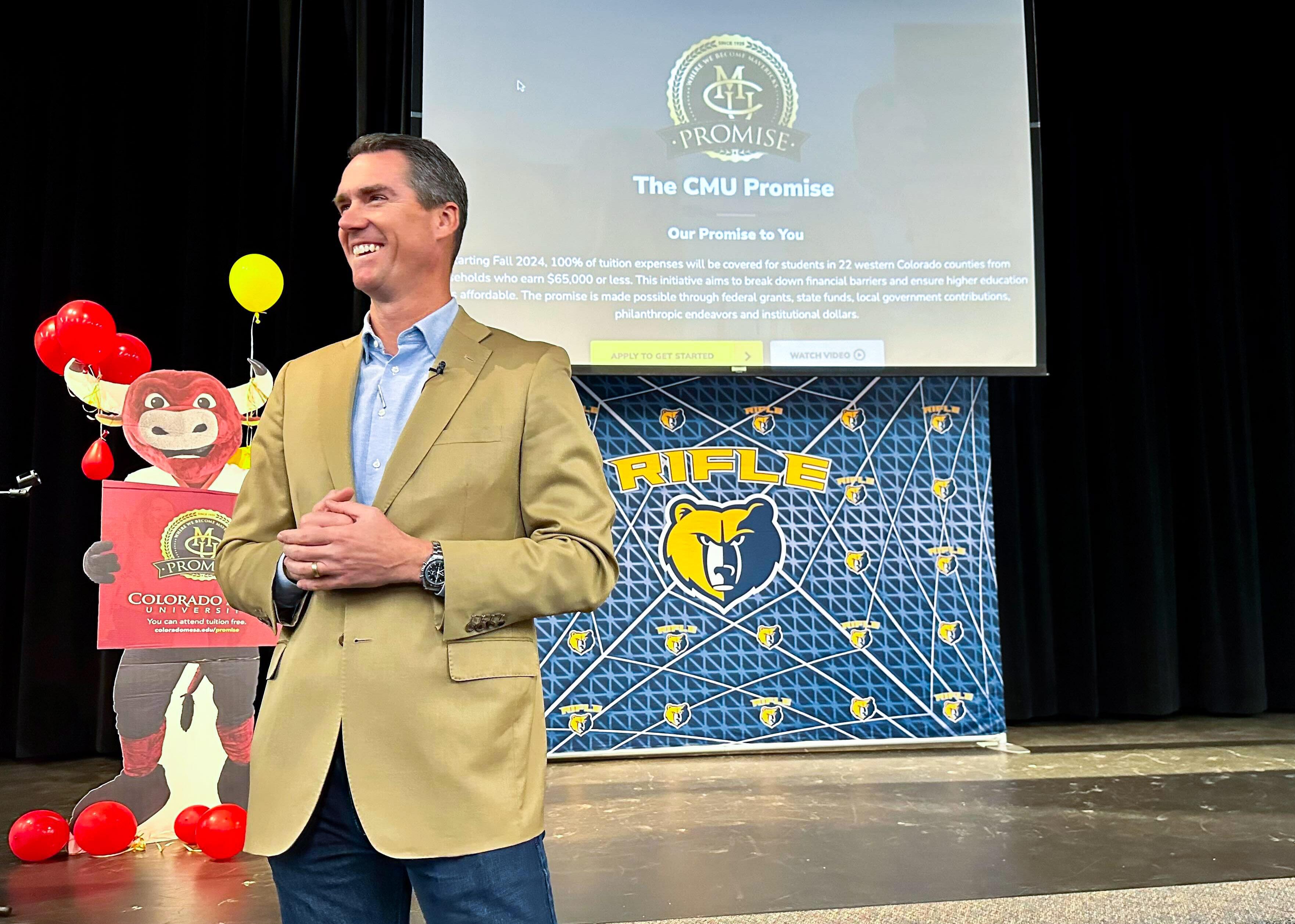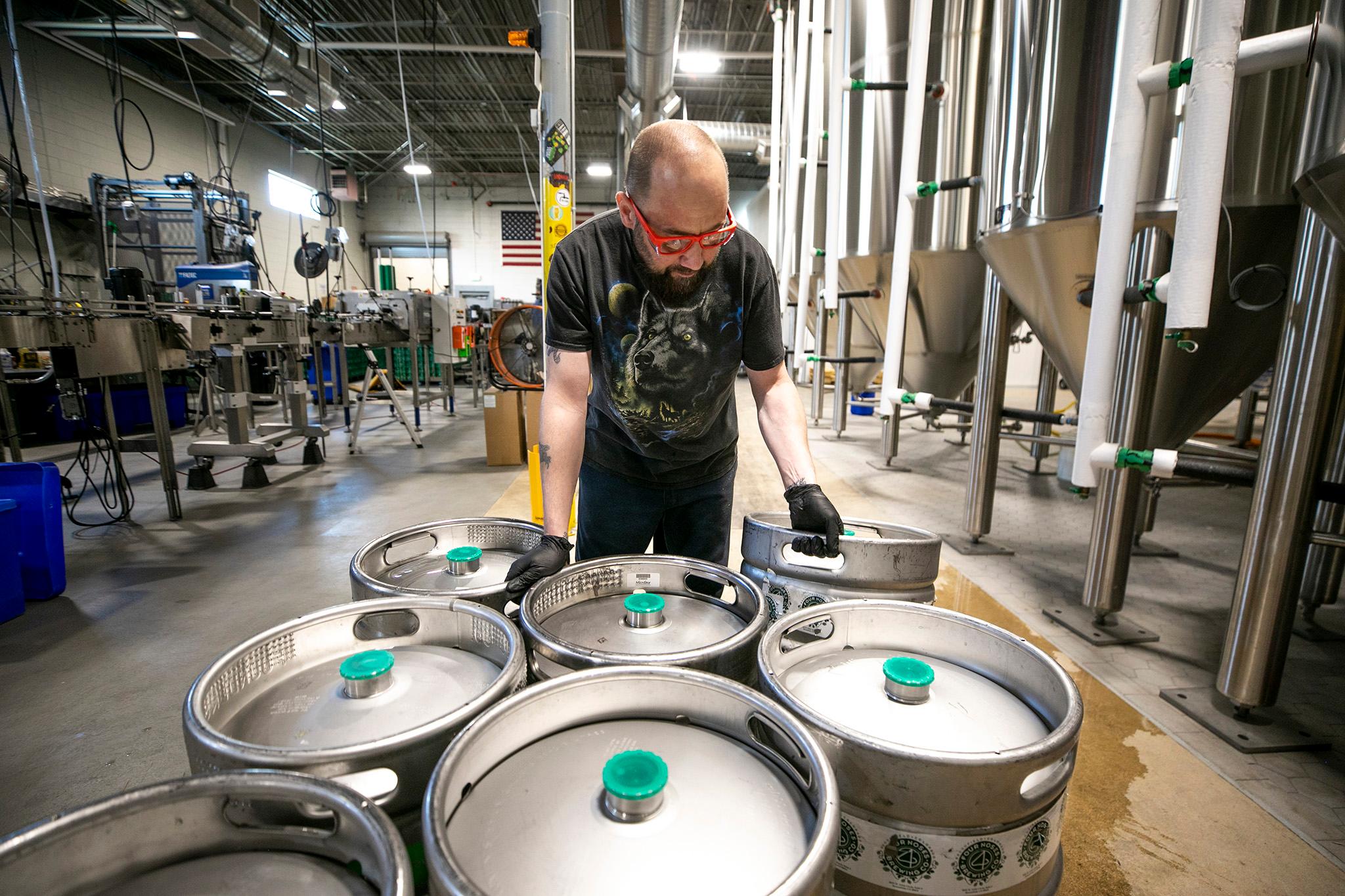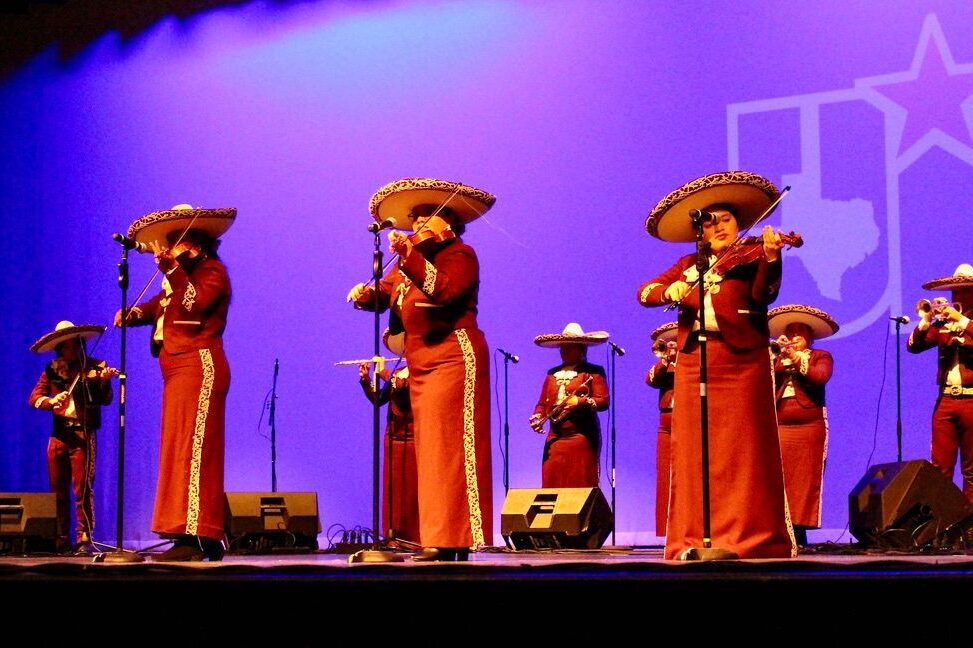
Colorado voters gave a mixed reaction at the ballot box on a pair of statewide tax increases during yesterday’s election. As Bente Birkeland reports, voters didn’t want to tax themselves to pay for education, but were overwhelmingly willing to tax recreational marijuana to help rebuild schools.
Supporters of Amendment 66 waged a vigorous get out the vote campaign flush with outside money from the likes of Bill Gates and New York Mayor Michael Bloomberg.
It wasn’t enough to convince voters to say “yes.”
“Now we just start our work again,” said senator Mike Johnston (D-Denver).
Amendment 66 sought to overhaul how Colorado pays for public schools. Even before Election Day, Johnston, the sponsor of the underlying legislation, said he knew it would be an uphill battle.
“The unique opportunity we have here is to build the system we all want for our kids and not just be satisfied with what we inherited,” Johnston said. “You can’t solve a complicated problem without a sophisticated solution.”
That solution would have been a two-tiered income tax increase. It had backing from Democrats in the state house and Governor John Hickenlooper campaigned for it. Hickenlooper says he’s obviously disappointed by the outcome, but says there are always setbacks before you reach that ultimate success.
“This is all just the down payment and it’s the foundation of what we’re all working for in the years ahead,” said Hickenlooper. “We’ll push that boulder up the hill.”
Opponents – including John Caldera with the Independence Institute and the group Coloradan’s for Real Education Reform – said the initiative wasn’t innovative and said the tax hike would set back the state.
“It’s difficult to come out against anything that’s labeled for education,” said Caldera. “We’re learning the facts on how this damages businesses, how this is unfair for students and unfair to school districts and how it’s going to hurt Colorado that’s already been ravaged by floods.”
The other tax on the ballot, the tax for recreational marijuana, fared much better. Voters handily passed Proposition AA to impose a 15 percent excise tax and a 10 percent sales tax.
“Isn’t that how they sold it to us? Sell it and tax the crap out of it?” said David Levy, a Democratic voter from Douglas county.
He echoed the sentiments of the majority of voters Tuesday who say they have no problem taxing recreational marijuana.
“Tax it and use the money for good,” said Kelly Patrick, a voter in Denver.
The first $40 million collected from Prop AA will go toward school construction; the rest of the revenue collected will go to regulation and enforcement.
Some members of the recreational marijuana industry worry the taxes will be too high and push people back to the black market. But Joe Megysey with the Yes on Proposition AA campaign says it’s crucial for the state to have the resources to adequately enforce the new industry.
“You know the whole world is watching us right now to see how we regulate marijuana,” said Megysey. “We have an opportunity to show that marijuana can pay for its own regulations and pay for other services like public school construction.”
The first recreational marijuana stores in Colorado will be open in January.
Meanwhile supporters of the education tax say the fight isn’t over. They plan to examine why the initiative failed so resoundingly, despite the millions spent on the campaign. It’s the second election in a row where voters have struck down a tax increase for public schools.









